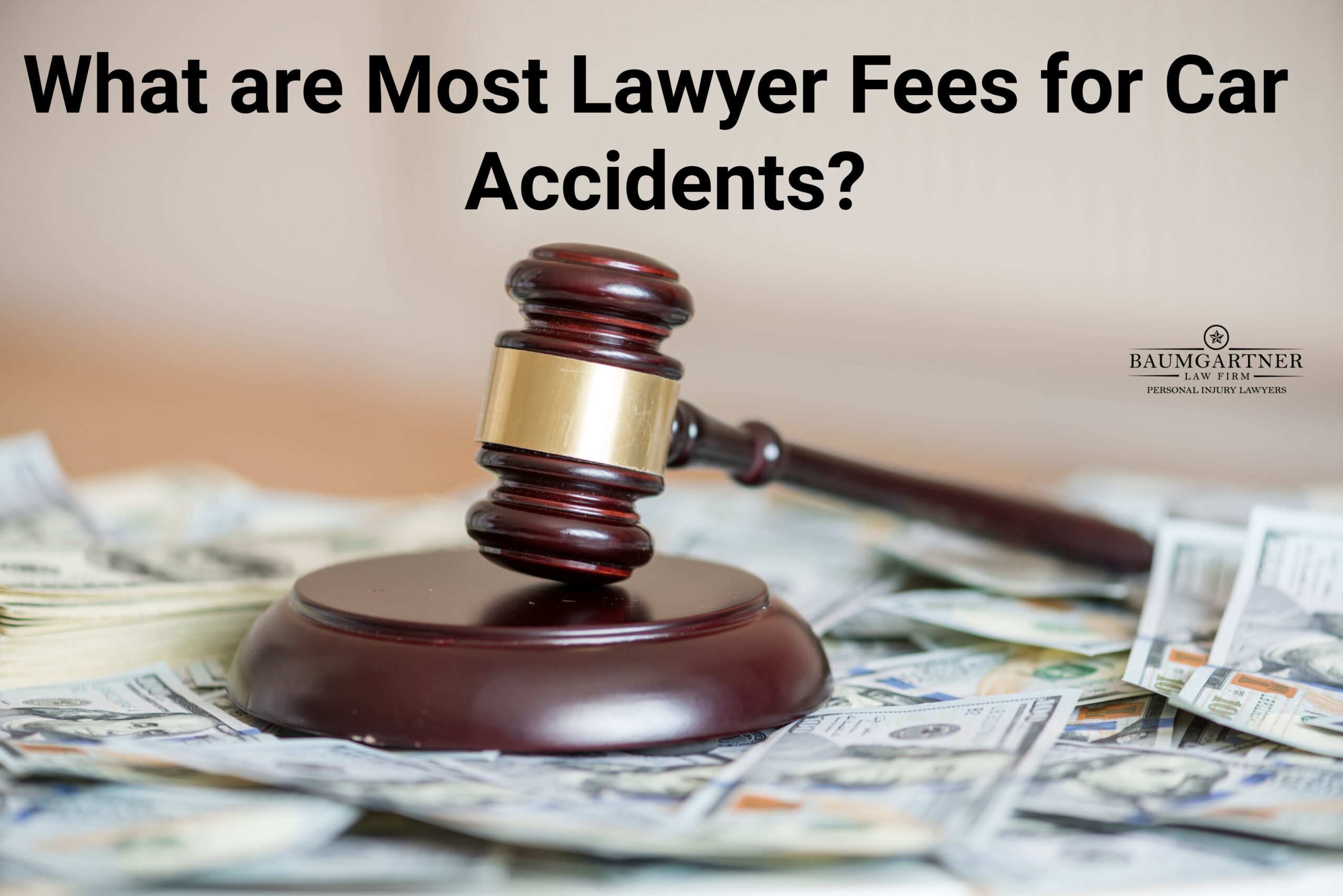Recently, I evaluated an attorney’s website to give recommendations about internet visibility for that website. When considering what lawyers need to know about SEO, most attorneys are unaware of what SEO, or search engine optimization, entails.
Search engine optimization (SEO) is the process of getting a website to rank or appear in the search results of Google, Bing, or Yahoo. For lawyers, this means getting visitors to your website without paying per click (PPC).
Search engine optimization is an art that requires forward-thinking in light of the constant algorithm changes made by the major search engines.
Google, in particular, has demonstrated its commitment to customers and advertising revenue. However, Google’s ranking system is constantly changing, making SEO much more unpredictable and challenging to achieve meaningful, consistent results.
The Nuts and Bolts of Law Firm SEO
The optimization process consists of two parts: the website itself and off-website factors that search engines consider. Both are important in determining where your website will rank among millions of other sites.
Lawyers unfamiliar with the search engine optimization process are susceptible to being sold a “bill of goods.”
Fast-talking salespeople who use industry jargon can sound convincing. Using terms like “optimization” and “SEO,” an attorney unfamiliar with the process can easily overpay or hire the wrong company.
The following is a guide for attorneys considering retaining SEO help.
On-site work
The website itself must be properly set up to rank for key search terms important to the law firm. If you practice bankruptcy in the Phoenix area, you may want to “rank” for the term “Phoenix bankruptcy attorney”.
The site itself must be “optimized” to show up for terms that the website owner believes are important to them. Today, optimized content refers to well-written, helpful information tailored to your target audience.
Popular content management systems such as WordPress allow easy optimization and updating of information. The days of keyword stuffing and questionable content on the website are long gone.
Firms considering a website or updating their current one should look at a CMS, or content management system. The main ones are WordPress, Joomla, and Drupal.
I suggest WordPress as the simplest of the three, and with plugins that make on-page optimization easy. Further, with WordPress, you can easily update content without help from your SEO firm. The learning curve for WordPress is not steep.
Off-site factors
You can have a website that is perfectly optimized internally, yet it may still be difficult to find. If so, the site probably has not had enough off-site work done to help the site rank with the search engines. If you are not on the first two pages of search results, you are probably wasting your money.
Years ago, the key ranking factor was “links” from other websites that clicked back to your website. That is no longer the case. Google, in particular, began manually and algorithmically penalizing sites that had too many links from shady sites or were keyword-stuffed.
Today, the search engine optimization process is in a state of flux. However, low-value backlinks can still negatively impact your ranking. Obtaining authoritative links to your website from highly regarded sources (think Wikipedia), remains a viable method of improving your search engine ranking and increasing your site’s authority.
Additionally, some SEO experts believe that backlinks will become less important, if not a factor at all, soon. Mentions of your firm from credible online sources are predicted to become the most important factor in your ranking in both organic and local rankings.
Content matters
Over the last several years, Google has made the content of a website and specific page a significant factor in determining where and whether the site appears in searches. The focus on benefitting the intended audience is a boon for relevance and also a must-do for sites wishing to rank.
In short, your content must be important to the end reader. Adding photographs and answering questions is a good start. Useful and easy-to-read pages not only grab the attention of the intended audience but also reduce bounce rates, which is another factor search engines value.
Well-written and unique content that is helpful to your target customers is the key to appearing in search results.
Some niches are extremely competitive.
The practice areas of personal injury and criminal law are highly competitive. Large market areas will take more effort to compete for traffic.
Tips for selecting an SEO company
The following suggestions are for lawyers seeking to hire an SEO firm.
- Always control your website – some companies insist they host the site as part of their package. As long as you are doing business with that company, your website is safe. But if you become dissatisfied with the service, you may be putting your website at risk. Despite assurances that your site can be easily moved, it is not always true.
Be cautious not to fall into the trap where you can’t move your site without incurring ranking consequences. I suggest using an external host for your website and paying the host directly.
Retain control of hosting your website to avoid having to make monthly payments simply because you are trapped with an SEO company.
- Conduct your due diligence by reviewing the results of other websites handled by the company and speaking with current or former clients.
- Avoid a page one promise – reputable SEO companies cannot guarantee a page one ranking. You must examine any company that guarantees rankings closely. Some may use “black hat” (techniques outside of Google’s recommendations). That may sound great at the time, but it will come back to haunt you.
- Require monthly reports– the reports should include what was accomplished and a plan for the future.
- Don’t forget local maps listings can be as important as “organic” ranking as far as local consumers go. While local ranking is a topic for another day, any SEO project for lawyers that serve consumers should include local SEO.
- Get a no-compete commitment in your market– if you don’t and your efforts are successful, you may find the SEO company is now also working for your competition.
- If you can’t get a non-compete agreement for your city, go with a different SEO company.
Conclusion
It is easy for attorneys who don’t know SEO to get taken, even by “reputable” SEO companies. If you don’t secure the agreement to receive monthly reports, you risk paying the fee and having no or little work done that month. In effect, paying for work previously completed over and over again!
Investigating providers is a mandatory task, and following these suggestions will save you frustration and money in the long run.
Contact the Houston personal injury law firm of Baumgartner Law Firm at (281) 587-1111.
Baumgartner Law Firm
6711 Cypress Creek Pkwy
Houston, TX, 77069
Follow Greg on Twitter.













